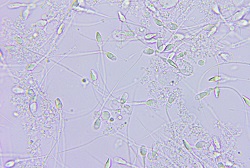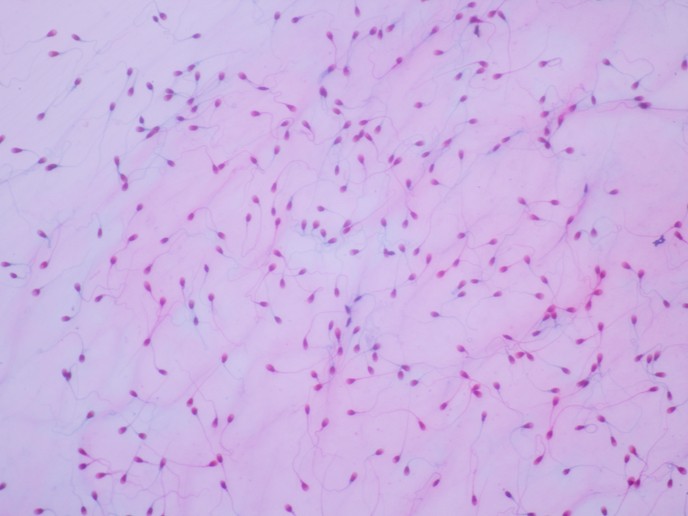Novel breeding methods for medicinal plants
Medicinal plants constitute a multi-billion market globally and the need to better define herbal medicines and foods, mandates the improvement of existing breeding technologies. The scarcity of governmental funding in the field has driven the design of the first concerted effort to bring together academic research institutes and several small and medium-sized enterprises (SMEs) across Europe. The aim of the EU-funded ‘Novel innovative doubled haploid technology for ornamental and medical plant breeding’ (Haplotech) project was to produce improved and environment friendly varieties faster, better and with lower cost. To this end, project partners set out to develop innovative technologies to obtain homozygous pure lines for breeding of important selected ornamental and medicinal plants. Conventional inbreeding procedures take six generations to achieve complete homozygosity. However, the method of doubled haploidy achieves it in one generation. Haploid plant cells are produced from pollen or egg cells or from other cells of the gametophyte; then, through induced chromosome doubling a doubled haploid cell is produced which can be grown into a doubled haploid plant. Among the Haplotech’s objectives was to identify the conditions and develop methods for doubled haploid formation in ornamental and medicinal plants. The growth conditions of 10 chosen plant species were characterised and their female and male reproductive – gametophyte – development was described. Protocols for doubled haploid plants were generated in species with no available protocols. The homozygous doubled haploids produced during the Haplotech project were incorporated in the breeding programme of SME partners and are expected to speed up the creation of new varieties in the shortest time.






